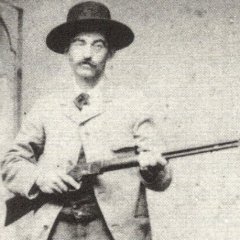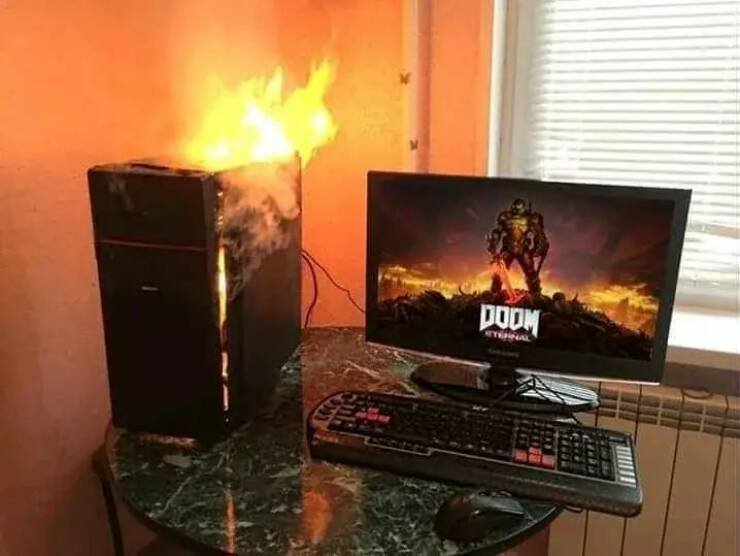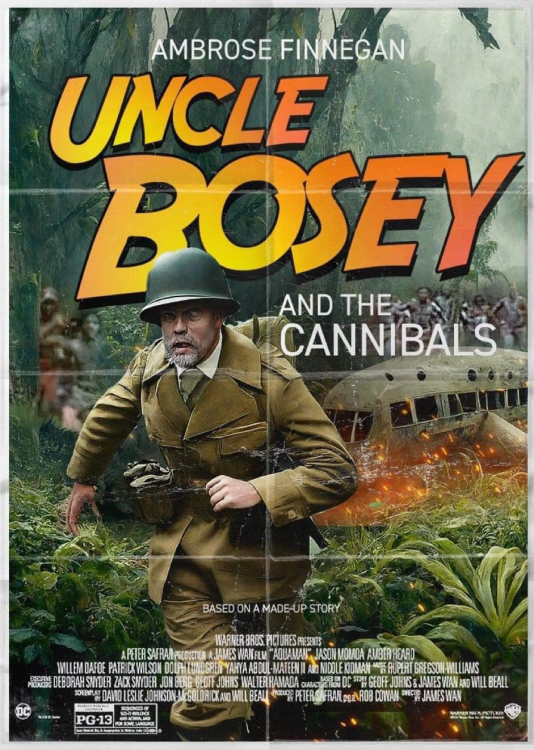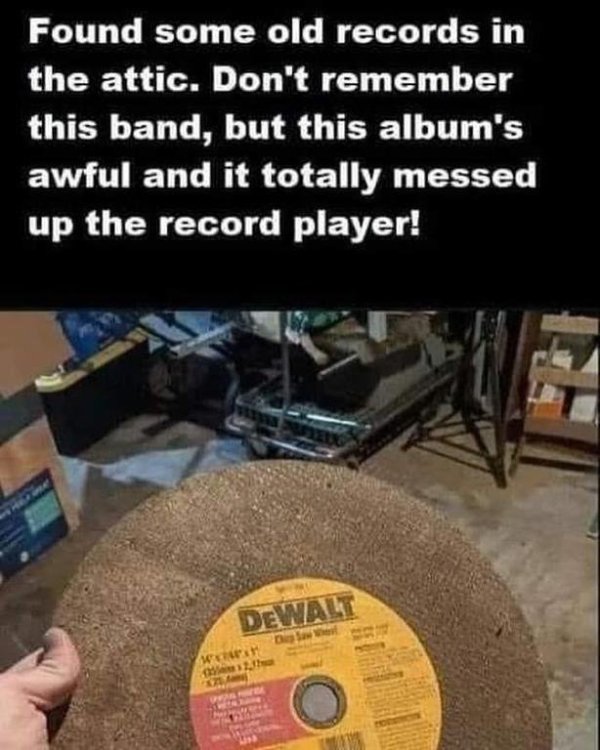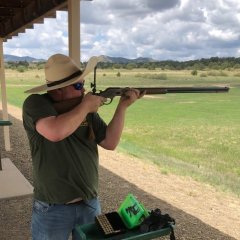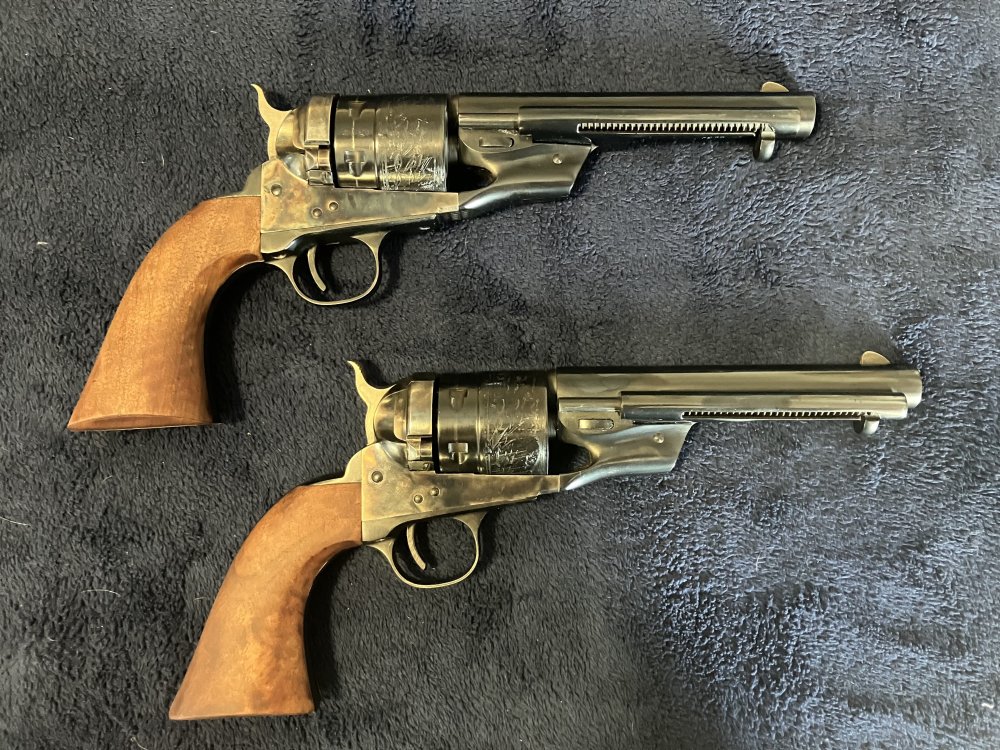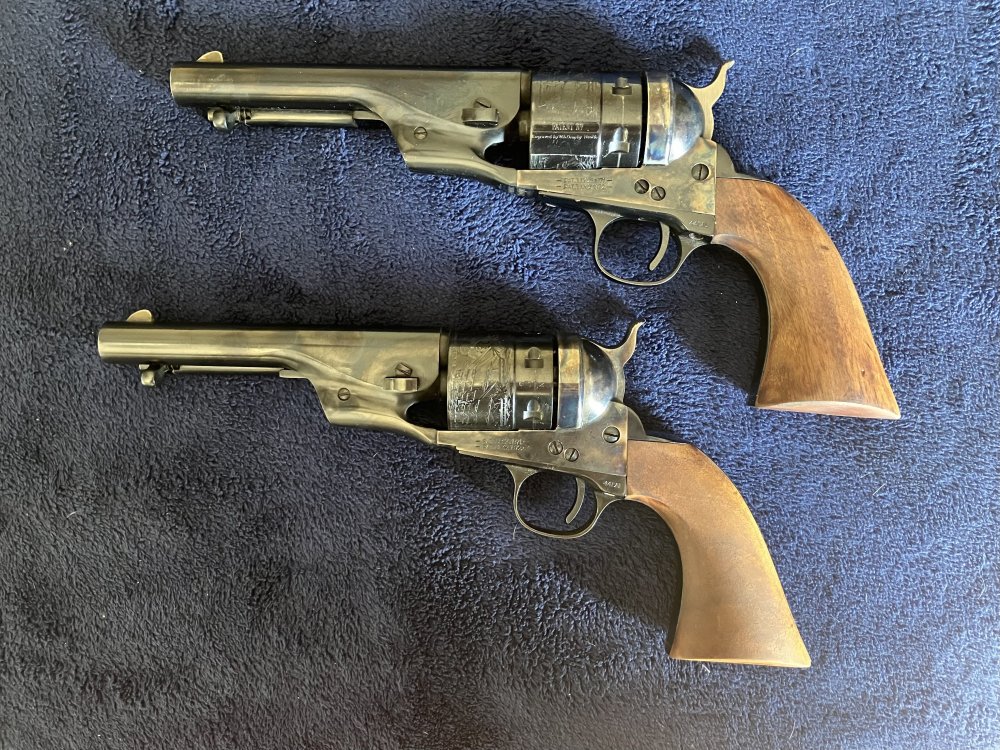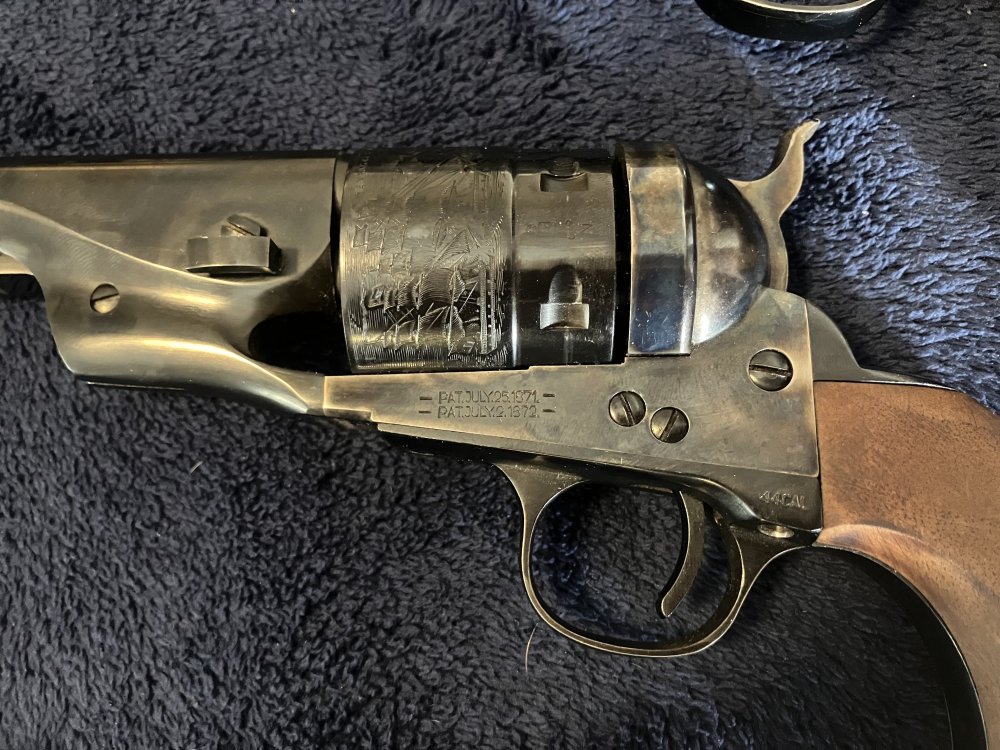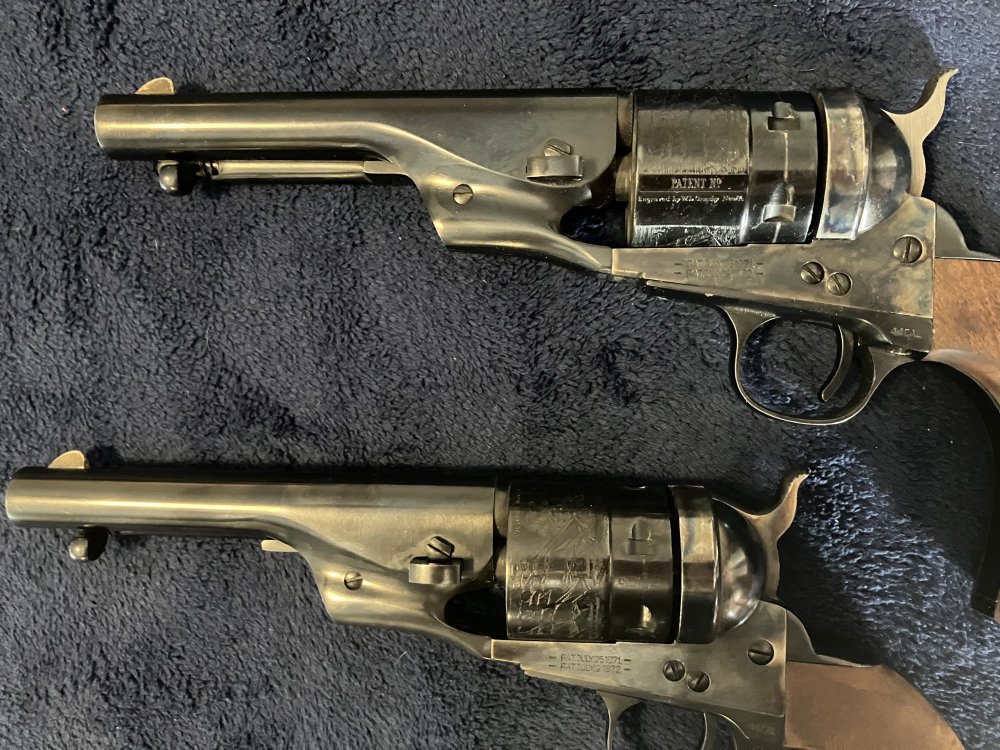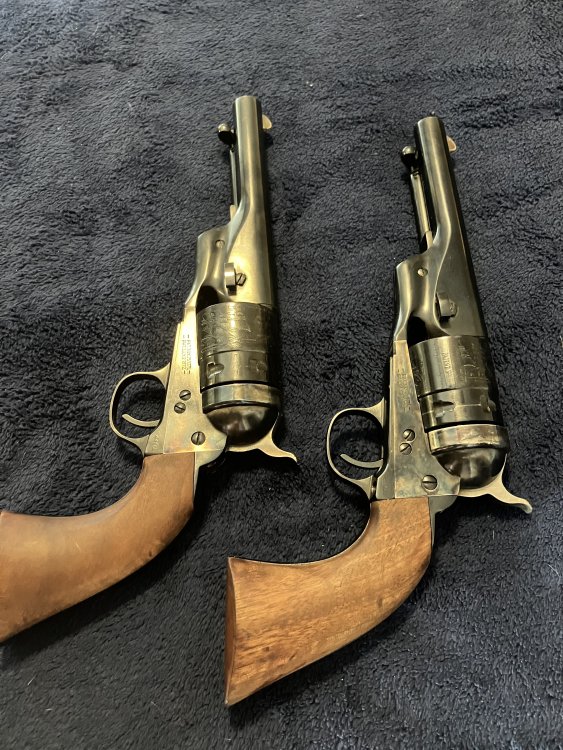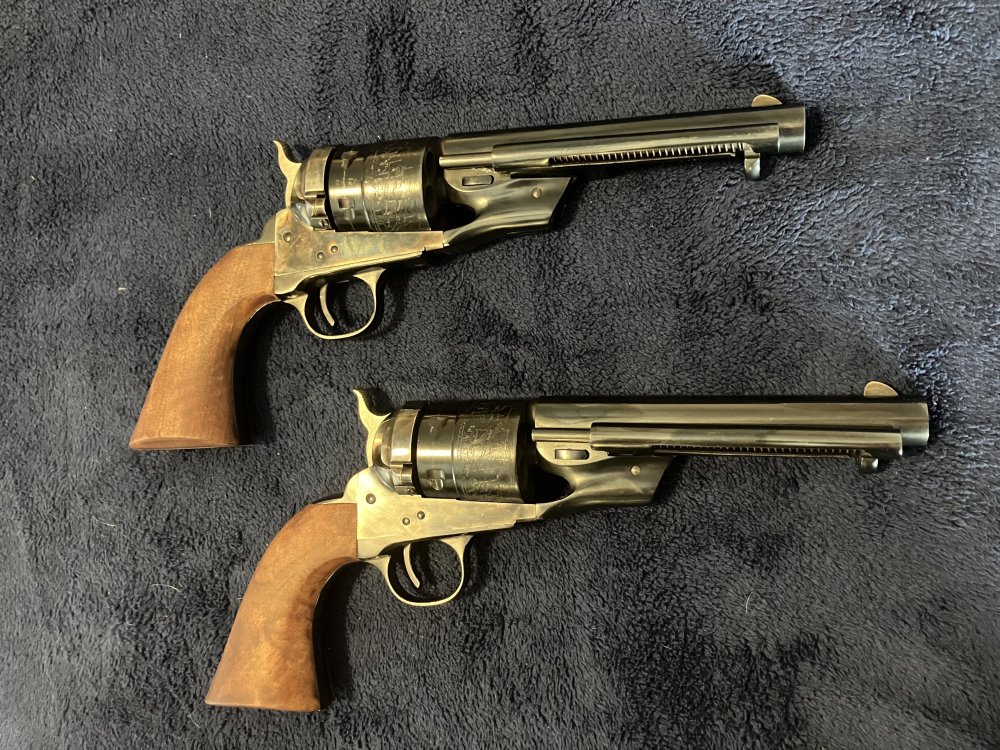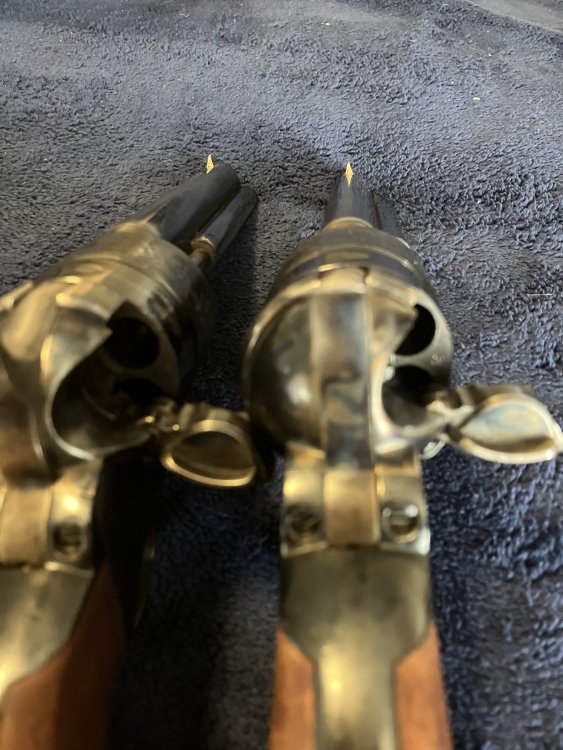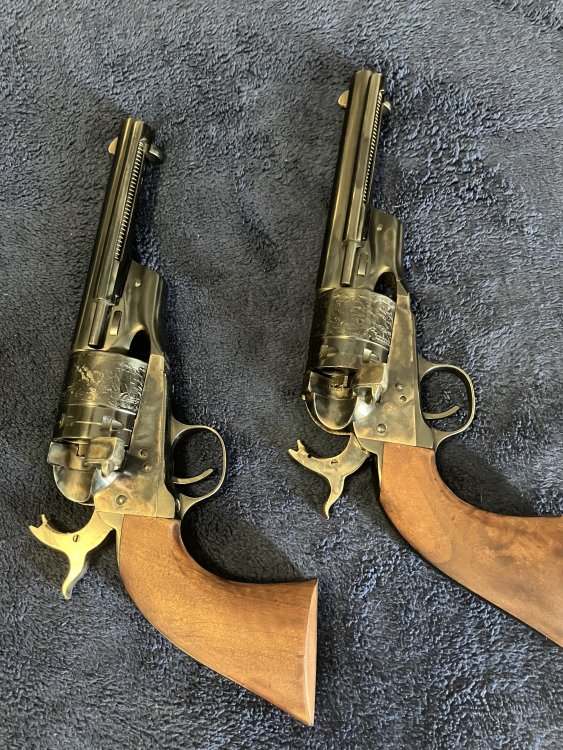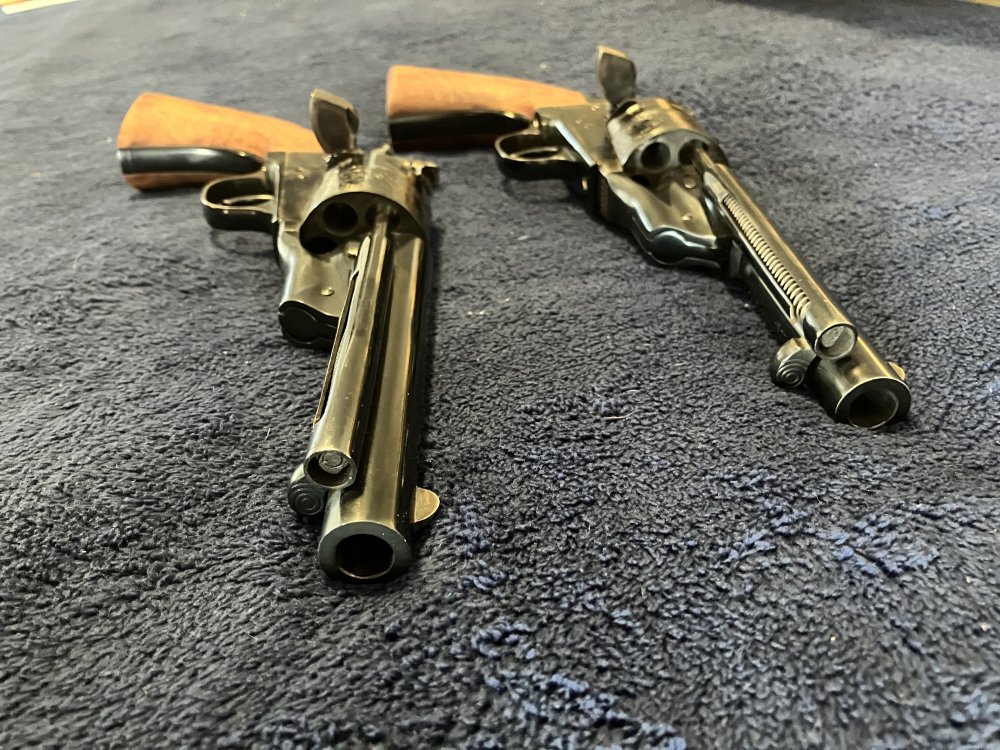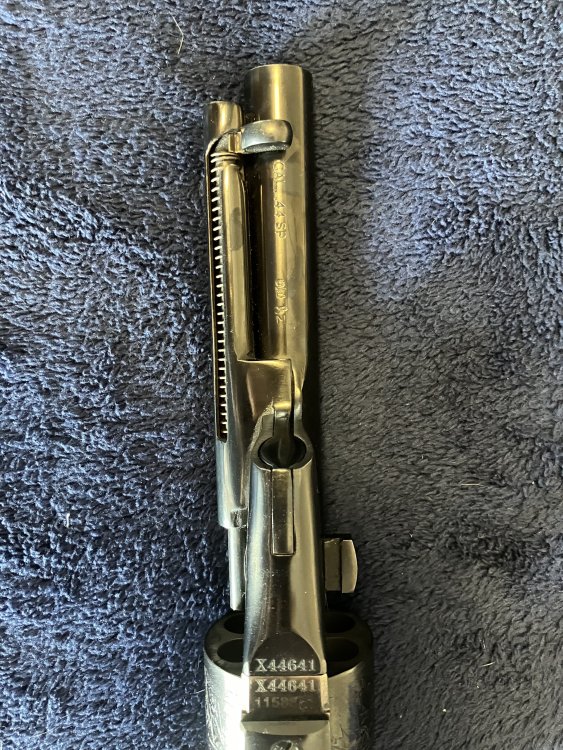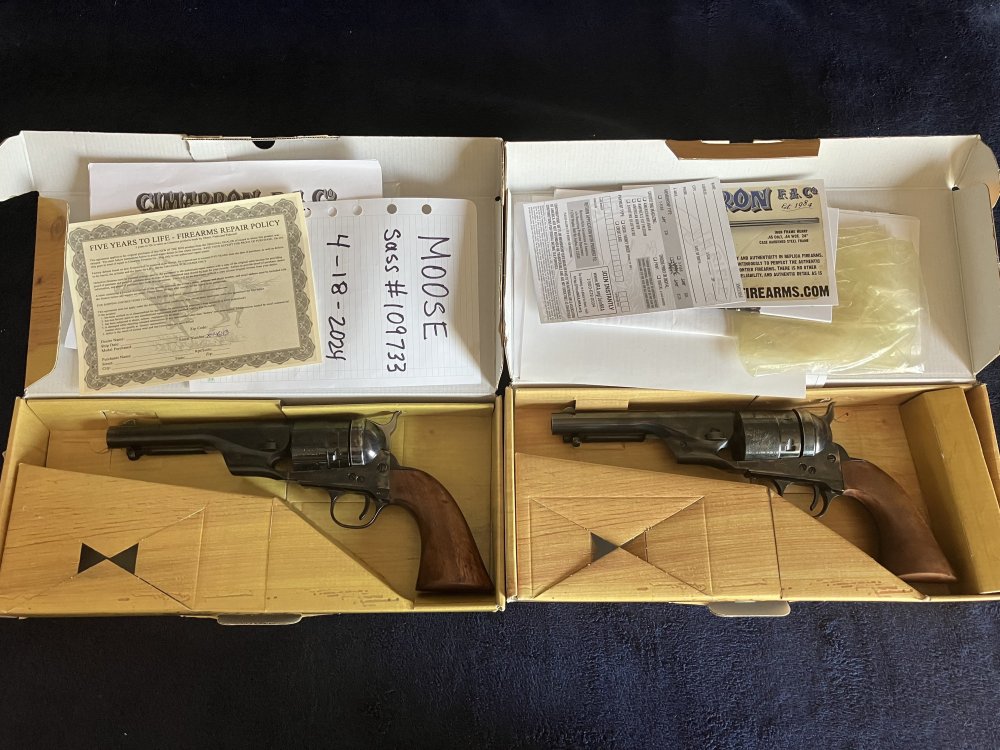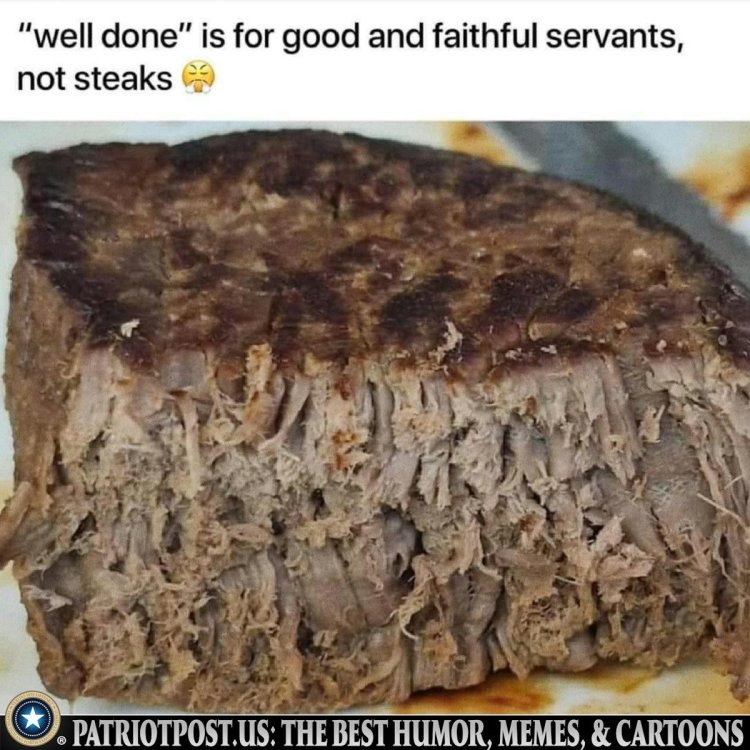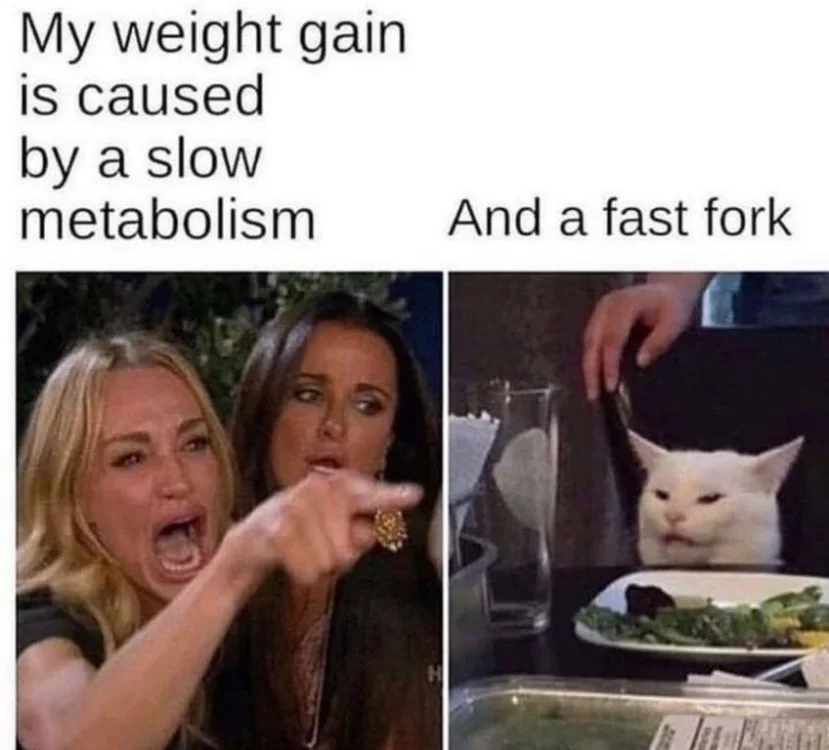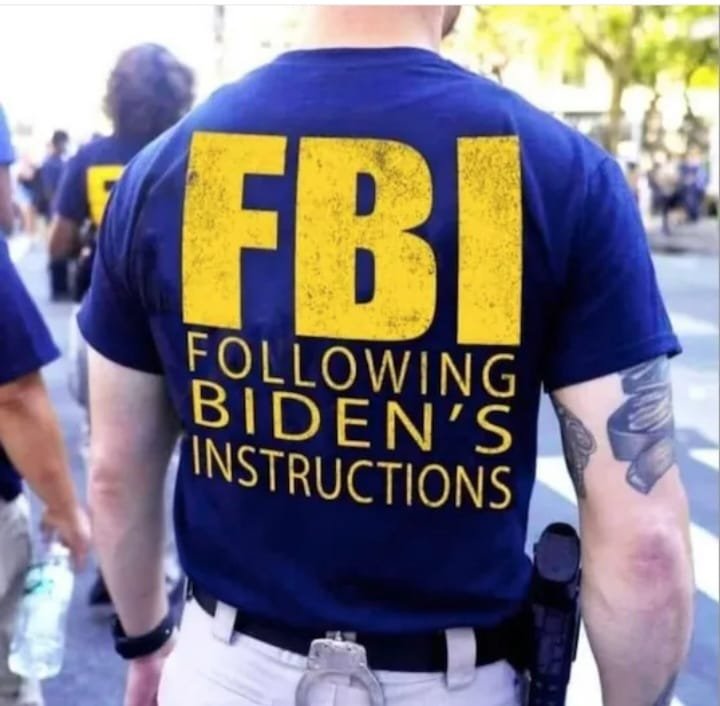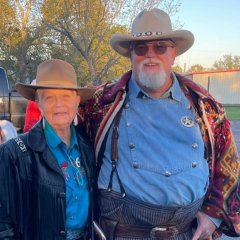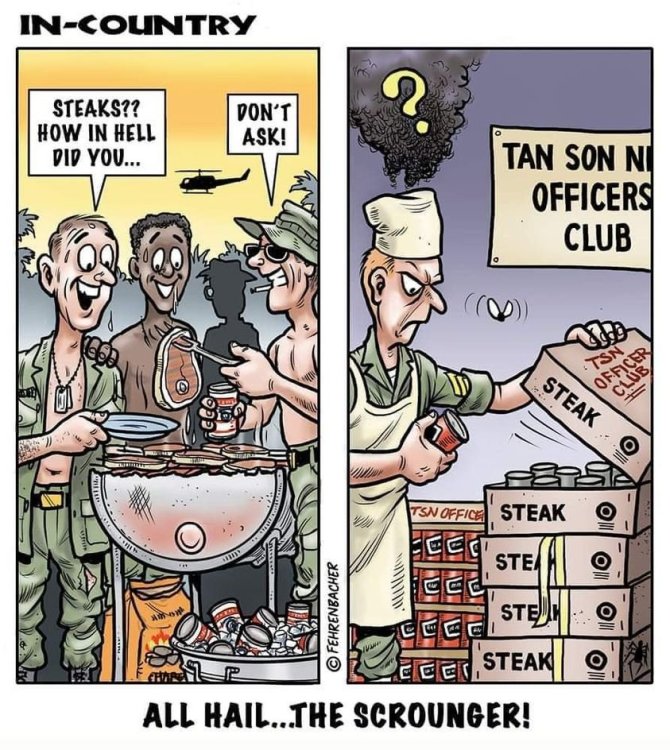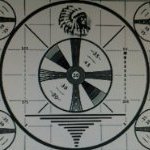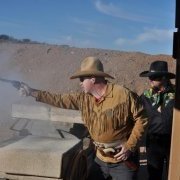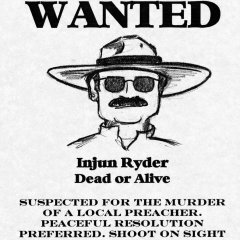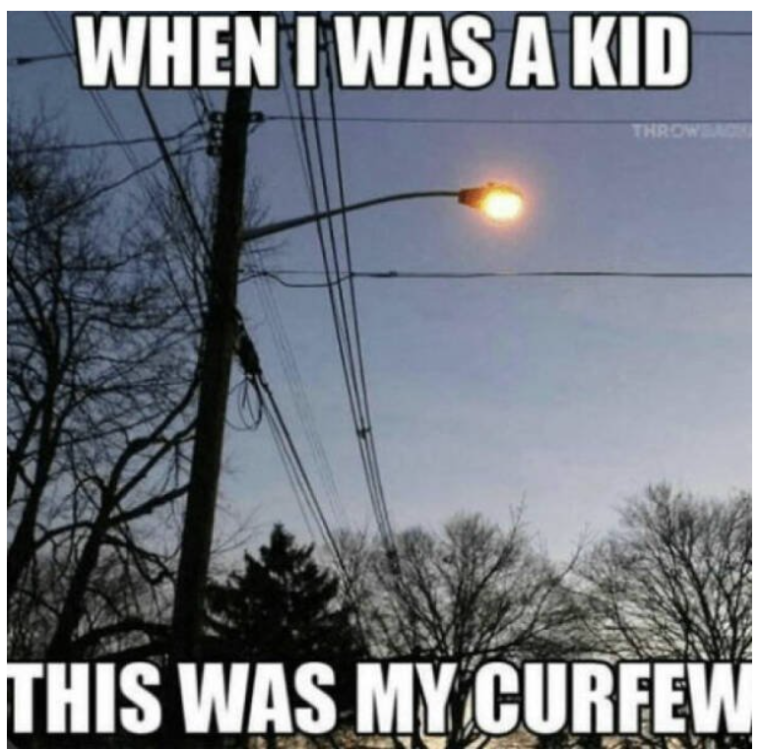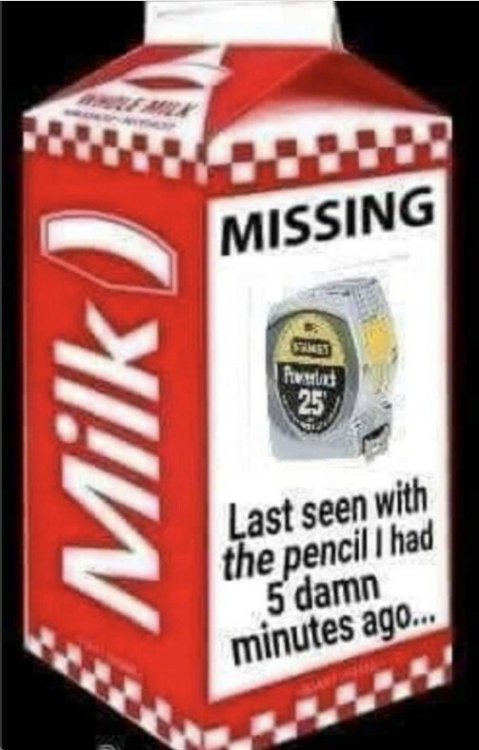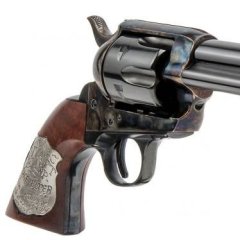Leaderboard
The search index is currently processing. Leaderboard results may not be complete.
Popular Content
Showing content with the highest reputation on 04/20/2024 in all areas
-
shooter's handbook, page 21 "5-SECOND PENALTIES Misses are 5-Second penalties. Revolver, rifle, and shotgun targets must be engaged with the appropriate type of firearm. A MISS is defined as the failure to hit the appropriate target type using the appropriate type of firearm and includes: - Each missed target. - Each unfired round. ... Double Jeopardy applies- a miss cannot cause a procedural." A miss for the unfired round. No "P" --Dawg14 points
-
6 points
-
4 points
-
4 points
-
4 points
-
4 points
-
4 points
-
On April 18, 1942, 16 American B-25 bombers, launched from the aircraft carrier USS Hornet 650 miles east of Japan and commanded by Lieutenant Colonel James H. Doolittle, attack the Japanese mainland. The now-famous Tokyo Raid did little real damage to Japan (wartime Premier Hideki Tojo was inspecting military bases during the raid; one B-25 came so close, Tojo could see the pilot, though the American bomber never fired a shot)—but it did hurt the Japanese government’s prestige. Believing the air raid had been launched from Midway Island, approval was given to Admiral Isoroku Yamamoto’s plans for an attack on Midway—which would also damage Japanese “prestige.” Doolittle eventually received the Medal of Honor Conceived in January 1942 in the wake of the devastating Japanese surprise attack on Pearl Harbor, the “joint Army-Navy bombing project” was to bomb Japanese industrial centers, to inflict both “material and psychological” damage upon the enemy. Planners hoped that the former would include the destruction of specific targets “with ensuing confusion and retardation of production.” Those who planned the attacks on the Japanese homeland hoped to induce the enemy to recall “combat equipment from other theaters for home defense,” and incite a “fear complex in Japan.” Additionally, it was hoped that the prosecution of the raid would improve the United States’ relationships with its allies and receive a “favorable reaction [on the part] of the American people.”. Originally, the concept called for the use of U.S. Army Air Force bombers to be launched from, and recovered by, an aircraft carrier. Research disclosed the North American B-25 Mitchell to be “best suited to the purpose,” the Martin B-26 Marauder possessing unsuitable handling characteristics and the Douglas B-23 Dragon having too great a wingspan to be comfortably operated from a carrier deck. Tests off the aircraft carrier Hornet (CV-8) off Norfolk, and ashore at Norfolk soon proved that although a B-25 could take off with comparative ease, “landing back on again would be extremely difficult.” The attack planners decided upon a carrier transporting the B-25s to a point east of Tokyo, whereupon it would launch one pathfinder to proceed ahead and drop incendiaries to blaze a trail for the other bombers that would follow. The planes would then proceed to either the east coast of China or to Vladivostok in the Soviet Union. However, Soviet reluctance to allow the use of Vladivostok as a terminus and the Stalin regime’s unwillingness to its neutrality with Japan compelled the selection of Chinese landing sites. At a secret conference at San Francisco, Lieutenant Colonel James H. Doolittle, USAAF, who would lead the attack personally, met with Vice Admiral William F. Halsey, Jr., who would command the task force that would take Doolittle’s aircraft to the very gates of the Japanese empire. They agreed upon a launch point some 600 miles due east from Tokyo, but, if discovered, Task Force 16 (TF-16) would launch planes at the respective point and retire. Twenty-four planes drawn from the USAAF's 17th Bombardment Group were prepared for the mission, with additional fuel tanks installed and “certain unnecessary equipment” removed. Intensive training began in early March 1942 with crews who had volunteered for a mission that would be “extremely hazardous, would require a high degree of skill and would be of great value to our defense effort.” Crews practiced intensive cross-country flying, night flying, and navigation, as well as “low altitude approaches to bombing targets, rapid bombing and evasive action.”3 points
-
3 points
-
You don't even have to do that. My wife's last three SUVs have had pressure sensor stems. Not only do they snap off like celery stalks, (expensive to replace!) In an emergency you cannot use an aerosol flat sealer. I have a full sized spare for each vehicle.3 points
-
3 points
-
3 points
-
3 points
-
3 points
-
3 points
-
3 points
-
Reloading was optional. The stage instructions did not specify that he had to reload so no spirit of the game earned.3 points
-
2 points
-
2 points
-
On 19 April 1943, a train carrying 1,631 Jews set off from a Nazi detention camp in Belgium for the gas chambers of Auschwitz. But resistance fighters stopped the train. One boy who jumped to freedom that night retains vivid memories, 70 years later. . In February 1943, 11-year-old Simon Gronowski was sitting down for breakfast with his mother and sister in their Brussels hiding place when two Gestapo agents burst in. They were taken to the Nazis' notorious headquarters on the prestigious Avenue Louise, used as a prison for Jews and torture chamber for members of the resistance. From there, Simon and his mother and sister were transferred to the Kazerne Dossin, a detention camp 30 miles away in Mechelen, Flanders, they were deported to Auschwitz on the 19th April. Soon after leaving Mechelen, the 20th convoy was attacked by three young members of the Belgian Resistance armed with one pistol, red paper and a lantern. They made a red light, a sign for danger ahead, forcing the train driver to brake sharply. This was the first and only time during World War II that any Nazi transport carrying Jewish deportees was stopped. Robert Maistriau, one of the resistance members, recalled that terrifying moment later in his memoirs. "The brakes made a hellish noise and at first I was petrified. But then I gave myself a jolt on the basis that if you have started something you should go through with it. I held my torch in my left hand and with my right, I had to busy myself with the pliers. I was very excited and it took far too long until I had cut through the wire that secured the bolts of the sliding door. I shone my torch into the carriage and pale and frightened faces stared back at me. I shouted Sortez Sortez! and then Schnell Schnell flehen Sie! Quick, Quick, get out of here!" After a brief shooting battle between the German train guards and the three Resistance members, the train started again. Some had escaped from the opened wagon and the mood among the remaining deportees had changed. Those who had dreamed of escape suddenly become more determined and more desperate. A policeman, Jan Aerts had guessed Simon came from the Auschwitz convoy. The bodies of three escapees were lying in the police station at that very moment. However, Aerts had no intention of betraying Simon. His wife fed him and gave him clean clothes. Aerts arranged for Simon to catch a train back to Brussels where he arrived that evening. Simon was reunited that night with his father, a shopkeeper, although they spent the remaining years of the war hidden separately by Catholic families. The 20th convoy was unique in that there was an attempt to rescue the deportees. It was unique in being the only convoy from which there was what could be called a mass breakout. According to some sources, it was also unique in that although 70% of the women and girls were killed in the gas chambers immediately on arrival, the remaining women were sent to Block X of Birkenau for medical experimentation. As for the three young Belgian Resistance members who stopped the train, Youra Livschitz was captured later and executed. Jean Franklemon was arrested soon after and sent to Sachsenhausen concentration camp, where he was freed in May 1945. He died in 1977. Robert Maistriau was arrested in March 1944. He was liberated from Bergen-Belsen in 1945 and lived until 2008.2 points
-
2 points
-
2 points
-
2 points
-
2 points
-
WTS set of 44 special Cimarron Richards Transition model Type II open top pistols. They are 5 1/2” blued barrels with case color frames. They sport the larger army style grips. These pistols are in stock condition with the only modifications of embossing the front sights with 24kt gold leaf and refinishing the grips to remove the slick varnish. The grips are linseed oil finished. These pistols are chambered in 44 special but also fit 44 Russian and 44 colt loads. Asking $1100 for the set. I can deliver these in person at the TX State Championship match at Plum Creek, or I can ship them from my FFL to your FFL at buyers cost.2 points
-
2 points
-
2 points
-
2 points
-
2 points
-
2 points
-
2 points
-
I am now I just received my confirmation. I’ll see you there.2 points
-
2 points
-
2 points
-
2 points
-
2 points
-
2 points
-
2 points
-
2 points
-
2 points
-
2 points
-
2 points
-
YOU DAMNED TIN PLATED KNIGHT IN SHINING ARMOR I came through my own front door like I always did. I hung my Stetson on its peg the way I always did, hooked my boots off and left them in the boot tray and came sock foot into the kitchen, like I always did. Shelly turned, looked at me, waited: I came silently over to her, gathered her gently, almost carefully into my arms – she joked in moments of confidence that “My husband holds me like I’m a delicate porcelain teacup!” – Shelly brought her arms up, shoved my embracing arms away. Her fingers ran down my shirt front, freeing the buttons: her expression was serious, she gripped the tabs on my vest, ripped them away, looked up at me as I murmured, “Now, dear? What will the children think?” “I need to check something,” she snapped. “Strip to the waist!” I did. I pulled my shirt tail loose, hung my uniform shirt over the back of a chair, then the body armor; I brought off my T-shirt and Shelly gripped my shoulders, turned me a little to get the most light on my chest. She took my elbow, lifted my arm, turned me, studying my ribs: she was clearly looking for something, though I had absolutely no idea what: she turned me a little, then did the same for my left side: she finally turned me clear around, examined my back, turned me again, snatched up my T-shirt, shoved it into my hands. “Get dressed,” she snapped. “You’re buying tonight!” I long ago came to the conclusion, or perhaps the realization, that women are contradictory, confounding and confusing creatures, and no man – especially not I! – would ever figure them out, and so, when faced with the unexpected (like tonight), I took what I’d found to be the wisest course, and did as I was told. Shelly folded her arms, turned away from me: she went to the sink, viciously scrubbed at a platter, rinsed it and carefully placed the heavy, older-than-she-was oval ceramic in the drain rack, pulled the stopper, emptied the sink and rinsed it, her moves deliberate, controlled, almost … angry. I dressed, wordlessly; I came up behind my wife, gripped her shoulders, lightly, gently, looked at her barely-visible reflection in the window over the sink. “Darlin’,” I said in as gentle a voice I could, “is there –” Shelly whirled, thrust herself against me, her jaw thrust aggressively forward, her arms suddenly stiff against her side: she honestly glared at me, then twisted away and stomped off toward the front door. I raised an eyebrow. I had absolutely no idea a’tall what I could possibly have done to upset the woman. Reckon I’ll find out eventually. Not a word passed between us as we drove to the Silver Jewel, as we went inside; not a syllable escaped Shelly’s clenched teeth until she told the evening waitress that she’d reserved the back room. I brought my hand up, unobtrusively turned on my body cam. Whatever was about to happen, was apparently serious, and if something unexpected was about to happen, I’d want to be able to document everything that was said. Shelly ordered the special, and coffee, for us both, waited until we were alone in the back room. She gave me a long and penetrating look, her expression almost unreadable. “Darlin’,” I said gently, knowing my choice of a first word would be like tossing a pebble in a still pond, “what’s going on?” Shelly’s jaw was set: she looked away, she looked back, she opened her mouth to say something when the door opened and the hash slinger in the pink-and-white checker-print dress came in with coffee and salads. I watched the door shut behind the waitress, looked at my wife again. “Shelly?” Shelly leaned forward, the inside of her wrists against the edge of the cloth-covered tabletop. “I talked with Angela,” she said. “And?” Shelly’s eyes ranged upward, then to the side, and she blinked rapidly as she did: she looked back, bit her bottom lip. “Linn, you nearly died.” I raised an eyebrow. “They re-grew and replaced your left lung entirely.” She swallowed, looked to the side, looked back. “The right lung… they replaced half. “You had surgery to both your retinas and while they were in there, they took out the cataracts that run in your family.” “I see,” I murmured. Shelly ignored my remark. “They worked on your brain to take care of concussion damage.” My wife honestly glared at me. “I don’t see how anything could damage that thick skull of yours.” She stopped, took a breath, closed her eyes and pressed her lips together, then continued. “They rebuilt your entire right inner ear, including new enervation, replacement cilia, they had to completely regrow and replace the semicircular canals that let you keep your balance. You have two new eardrums. Angela said they enlarged the arterioles in both inner ears so you would not suffer that lifelong tinnitus anymore.” Shelly closed her eyes, clenched her jaw in frustration as she heard the door open again: that cute little hash slinger (is it my imagination, or do waitresses, doctors and State Troopers get younger every year?) brought our supper. I automatically salted my mashed potatoes – taters always need salt! – and threw some pepper on taters and gravy just for general principles. I picked up my fork, looked at Shelly. She was staring at me, staring with an intensity I hadn’t seen for some long time. I set my fork down. One tear came a-rollin’ down her cheek. “Mr. Keller,” she hissed, “you glorious, heroic, self-sacrificing, tin-plated idiot, do you realize you nearly died?” I looked my wife right square in the eye and said flatly, “Mrs. Keller, I was not going to let you die. I figured to bust the corner of the windshield and rip it free and get you out of there, peacefully or otherwise.” “Or die trying?” she squeaked, her bottom lip quivering like a little girl. I come out of my chair and reached for her: I took her under the arms and honestly picked her up out of her seat just as the water works started, and I held her, and held her tight, the way I used to hold our children if they were hurt, or scared, or terribly upset, and needed to feel safe while they rained out their sorrows on my shirt front. Once her rainstorm passed, I laid my cheek against hers and whispered, “Why did you strip me in the kitchen?” “There are no scars,” she whispered. “They did all that surgery and there are no scars!” I kissed her forehead: the door opened, the waitress stopped, took a look, pulled back, closed the door, and I made a mental note to thank her for that discreet withdrawal. “Darlin’,” I murmured, “do you recall I told you Michael saw there was no give-up in you?” She sniffed, nodded. “You jumped in that dumped-over crackerbox for the same reason I come after you. You weren’t going to let someone die on your watch.” She nodded again. I tightened my arms around her and whispered fiercely, “Mrs. Keller, you are the reason I draw breath in the morning and the reason I come home at night. You are why I don’t cash my paycheck at the beer joint. You are the reason I don’t open a house of ill repute and make a million dollars” – She pulled her face back, looked up at me, and I looked down at her. “Darlin’,” I said, “I knew what I was ridin’ into when I come after you, and I knew I would likely get killed, but if I’d done nothing and you had been killed, I couldn’t live with that.” “Michael and Victoria don’t need a folded flag and a picture. They need their father.” “I could say the same about their needing a mother.” “You damned tin-plated knight in shining armor!” “Flattery,” I said solemnly, “will get you everywhere.” Shelly started to cry again, and then she hauled off and kicked me in the shins. Hard.2 points
-
2 points
-
2 points
-
Back in the late sixties, a small (very small) town nearby installed 5 or six new street lights that were controlled by sensors, e.g. they would turn on when it got dark and off when it got light enough. Well, we would drive over to the town with a powerful (for that era) flashlight and drive around the town and "turn off" all of the street lights and make the town completely dark for a few minutes.2 points
-
2 points
-
1 point
-
Here is a concise write up of AR’s opinions on Cops, Trump and Christians. It’s not a site you have to give your email or agree to anything. https://www.hollywoodintoto.com/alan-ritchsons-tough-guy-trump-church/ I would just like to add that one night my wife and I were watching Reacher and I commented “I wonder if this guy is just a facade and in real life he’s a leftist?” My wife said “It’s just a show.” Me: “And Mao’s little red book is just a book.” (Cue roll eyes)1 point
-
yup , youall have access to a lot more on line data than i do as i spend so little time there , im disappointed to see this i really liked him in the series , i guess it goes to show where these folks think - when you pretend for a living ...you really never think real in life , sad1 point
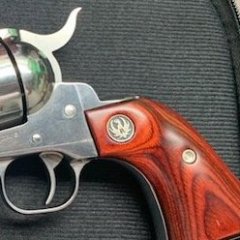


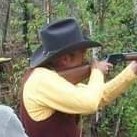






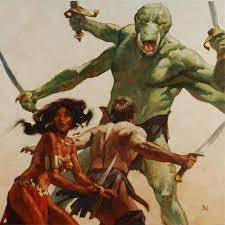
.thumb.jpg.42f9340f5815e3915f9a0b0991f5aa8f.jpg)

